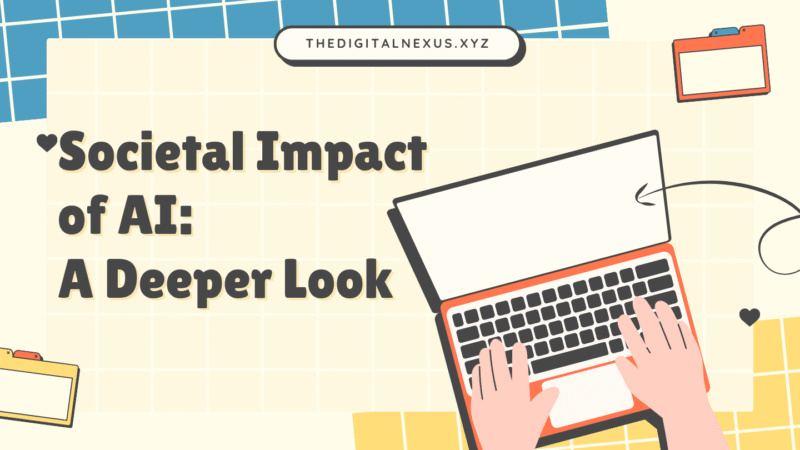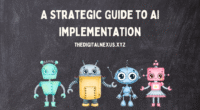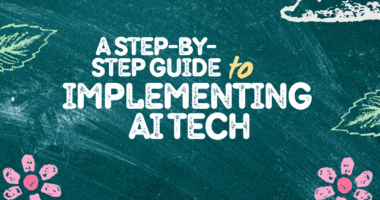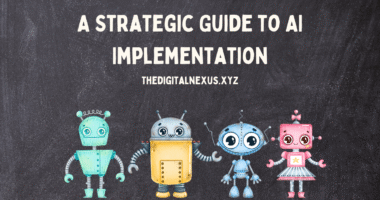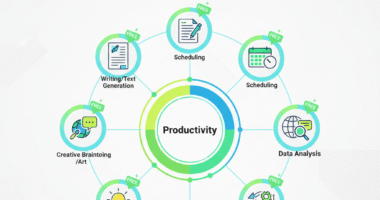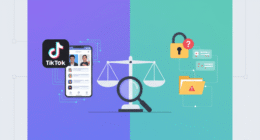The conversation around artificial intelligence is maturing. We have moved past the initial awe of making AI work. Now, we face a more complex and critical phase. We must grapple with the technology’s second-order effects. Specifically, these are the indirect and often unforeseen consequences that ripple through our world. For thought leaders, policy analysts, and curious professionals, understanding the true societal impact of AI is the most pressing challenge of our time. Therefore, this analysis moves beyond the ‘what’ and ‘how’ of AI. It explores what AI truly *means* for the future of humanity.
The New Economic Reality: A Deeper Societal Impact of AI
The most visible societal impact of AI is economic. However, the narrative often stops at job automation. While displacing routine tasks is a significant factor, the more profound shifts are happening at a structural level. In other words, we are witnessing not just a change in jobs, but a fundamental change in the nature of work itself.
From Job Loss to Skill Transformation
Initially, the fear was mass unemployment. However, the reality is more nuanced. AI is in fact speeding up the need for new skills. It automates specific tasks, not entire professions. For example, a lawyer might use AI to conduct legal research in minutes instead of days. This doesn’t eliminate the lawyer. Instead, it elevates their role to focus on strategy, client relations, and complex reasoning. Consequently, the new economic challenge is a widening skills gap. There is now a premium on uniquely human abilities like critical thinking, emotional intelligence, and creative problem-solving. As a result, societies that fail to invest in lifelong learning and reskilling will face deeper economic inequality.
The Second-Order Effect: Reshaping Cities and Local Economies
Let’s also consider the indirect consequences. As AI-powered tools perfect remote collaboration, they separate work from a physical location. This trend, sped up by the pandemic, could have a massive societal impact of AI on urban centers. For instance, if knowledge workers can perform their jobs from anywhere, what happens to commercial real estate in downtown cores? What about the local service economies, like coffee shops and transit systems, that depend on daily commuters? This shift could revitalize smaller towns and rural areas. On the other hand, it could also create economic crises for major cities unprepared for this change. You can read more about the first steps of this journey in our guide to AI implementation.
Emerging Ethical Fault Lines: The Societal Impact of AI on Justice
As we place AI into core societal functions like hiring and criminal justice, new and complex ethical problems arise. The decisions made by algorithms are not neutral. In reality, they reflect the data used for their training and the values of their creators.
- Algorithmic Justice and Bias: One of the most significant challenges is “algorithmic bias.” If historical data shows that a certain group was historically denied loans, an AI trained on that data will continue the bias. This creates a high-tech version of systemic discrimination. To fix this, we need more than just technical changes; it demands a real commitment to fairness in the data we use.
- The Challenge of Accountability: When an AI system makes a harmful decision, who is responsible? Is it the developer, the company that deployed it, or the user who acted on its advice? This “accountability gap” is a major hurdle for our legal systems, as discussed by institutions like the Stanford Institute for Human-Centered AI.
- New Digital Divides: The original digital divide was about access to the internet. The new divide, a key societal impact of AI, is about AI literacy. The gap is widening between those who can use AI and those who cannot. This creates a new class system based not just on wealth, but on the ability to use intelligent technology.
The Remaking of the Social Fabric: AI’s Impact on Human Connection
Beyond economics and ethics, the subtle societal impact of AI on our daily interactions may be the most transformative of all. AI is fundamentally changing our communities and even our sense of self.
For example, AI-driven algorithms on social media are very effective at keeping us engaged. However, they also curate our reality. This can trap us in “echo chambers” that reinforce our beliefs and limit what we see. Ultimately, this can weaken social bonds and increase political division. Furthermore, the rise of AI companions presents a new frontier for human connection. While these tools can offer comfort, they also raise critical questions. We must ask about the nature of empathy and the risk of preferring simulated friends over real human relationships.
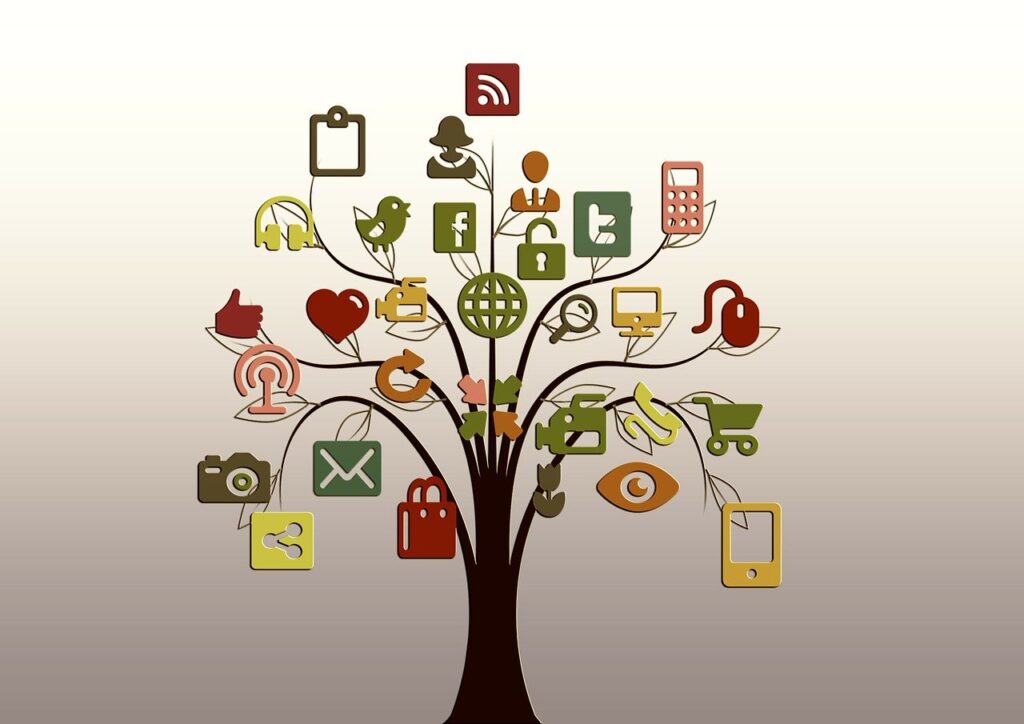
Governance in the AI Era: Power, Politics, and a New World Order
The societal impact of AI also extends to governance and international relations. In short, AI is not just a tool. It is a new form of power that challenges our laws and reshapes the global order. Governments are now in a race for “AI supremacy.” Leadership in AI is seen as key to economic and military dominance. Naturally, this competition has major effects on geopolitics.
Domestically, for instance, AI poses challenges to public conversation. “Deepfake” technology makes it easy to create convincing misinformation. This can be used to manipulate elections and weaken public trust. As noted in reports from the World Economic Forum, we need smart governance to capture AI’s benefits while reducing its risks. Therefore, lawmakers must handle complex issues like data privacy, IP for AI-created works, and the regulation of autonomous systems. For a foundational understanding, you might refer to our article explaining the meaning of AI technology.
Conclusion: A Call for Conscious Technological Stewardship
The societal impact of AI is not a distant future scenario. It is our current reality. Because of this, we must stop seeing AI as just a set of tools. We should instead see it as a powerful agent of social change. Integrating AI into our lives demands more than technical skill. It demands wisdom, foresight, and a deep commitment to human values. The path forward requires us to be proactive and work together on governance. Above all, we must ensure that as we build more intelligent systems, we do not lose sight of what makes us human.
